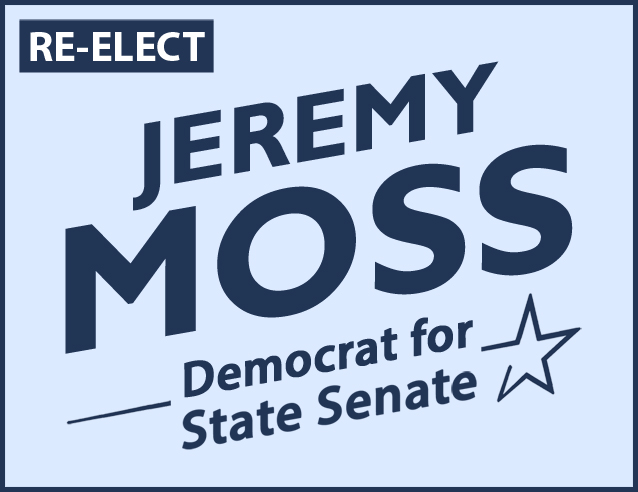[The following is a Michigan Radio editorial by Jon Hoadley and Jeremy Moss]
Everybody who sets foot in a voting booth wants to know that their vote counts just as much as the vote of the next person in line. Faith in our democratic system rests on fair and representative elections.
Unfortunately, Michigan’s political map has been manipulated to the point that not all votes count the same. Politicians have drawn political districts so that in many places around our state, who wins or loses is a foregone conclusion long before the end of election night. They created the political map this way in order to give themselves and their party a head start in an election, much to the detriment of our democracy and your vote.
It doesn’t have to be this way.
We are introducing a proposal to replace Michigan’s partisan redistricting process with a nonpartisan redistricting commission. The commission’s job will be to draw state and federal political boundaries in a way that is constitutional, compliant with the Voting Rights Act, contiguous, geographically relevant, compact, nested and — maybe most importantly — not drawn to protect incumbents of any political party.
In short, the nonpartisan redistricting commission would take the politics out of drawing political boundaries and make politics more responsive to the people we’re elected to serve.
According to recent polls, there is widespread support for redistricting reform. In 2012, a survey of Michigan voters found that 71 percent want to see our method of redistricting changed. Support for taking the politics out of redistricting crosses the Republican-Democrat divide.
Michigan would not be the first state to take this step. Already, more than a dozen states around the nation have reformed the redistricting process; the Michigan Constitution of 1963 called for an independent commission, too. While some have challenged redistricting reform, the U.S. Supreme Court ruled last month that nonpartisan redistricting commissions like the one we propose are constitutionally valid.
States where nonpartisan redistricting is already a reality are enjoying more responsive democracy; but here in Michigan, that isn't always the case.
In 2014, the 110 Democratic candidates for state representative in districts around the state received about 70,000 more votes in total than the 110 Republican candidates for state representative. However, because of the way the legislative districts are drawn, Republicans came out of the 2014 election with a 16-seat advantage in the state House.
While we’re never going to have exactly proportional representation — that’s not our system — doesn’t it seem odd to have a large majority with a minority of votes?
But this isn’t a matter of sour grapes – and our friends on the other side of the aisle understand that. The next opportunity for redistricting will come in 2021, after the 2020 census and presidential election. If 2020 resembles other recent presidential elections, voters who lean Democrat will turn out in droves. It’s likely that our state will see a Democrat majority in the state Legislature following the 2020 election, and Michigan Republicans know that they stand to be on the losing end of the next round of partisan redistricting.
As Democrats, you might think that is music to our ears. It isn’t. In fact, some Democrats have told us to just wait so we can be in a position to draw the lines next time. We won’t, because we care very deeply about the health and quality of our democracy, and what we want are fair elections with high voter participation. Now is the time to take political hijinks out of redistricting.
We are aware that our proposal faces some strong political headwinds. Already, the chairwoman of the committee that would consider our plan has stated that she won’t even bring the idea up for a hearing. We hope she reconsiders — not for us, but for all of Michigan voters who deserve and demand unbiased redistricting and competitive elections. Let’s discuss options and find the best solution; a hearing is a place to explore the idea.
While we are fighting hard to reform Michigan’s redistricting process, our voices can’t be the only ones speaking out. We urge everyone who cares about Michigan’s democratic process to call, write or meet with their state legislators and demand that we clean up our redistricting system.
We don’t let the fox guard the hen house, and it’s not right that politicians are given the power to redraw political lines to serve themselves and their party. Elections should be about voters choosing their representatives and senators – not the other way around. Working together, we can bring redistricting reform to Michigan.
- - -
State Rep. Jon Hoadley (D-Kalamazoo) and State Rep. Jeremy Moss (D-Southfield) represent Michigan's 60th and 35th House Districts, respectively.
